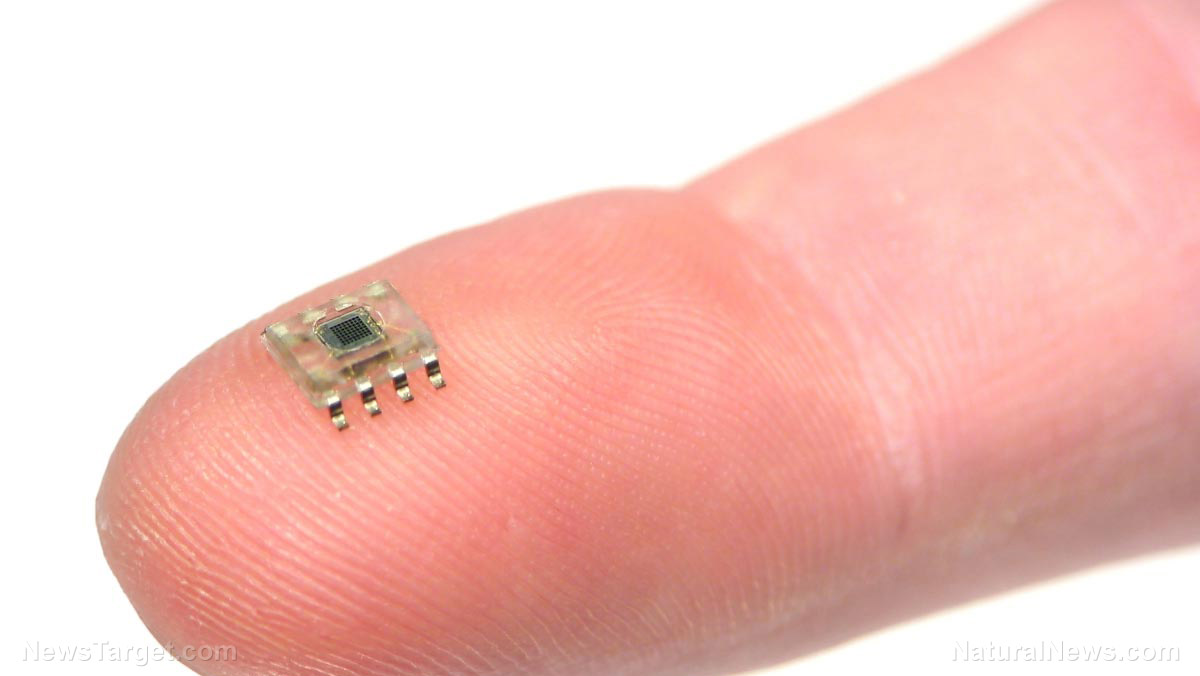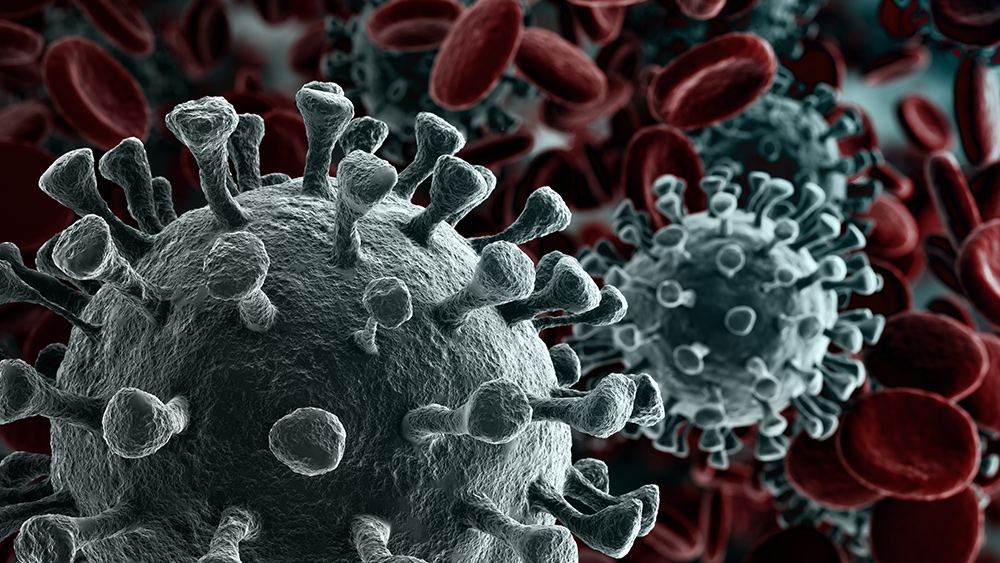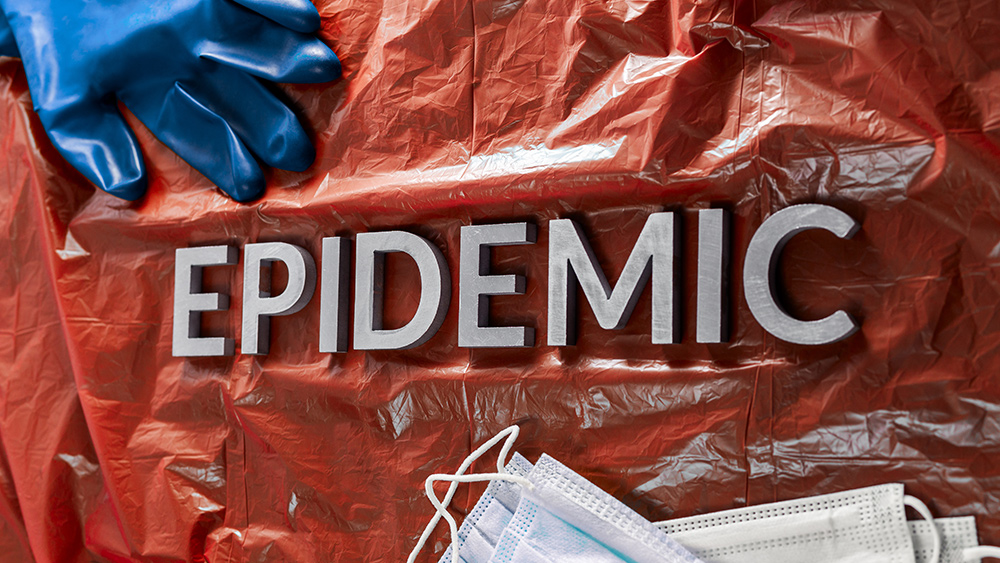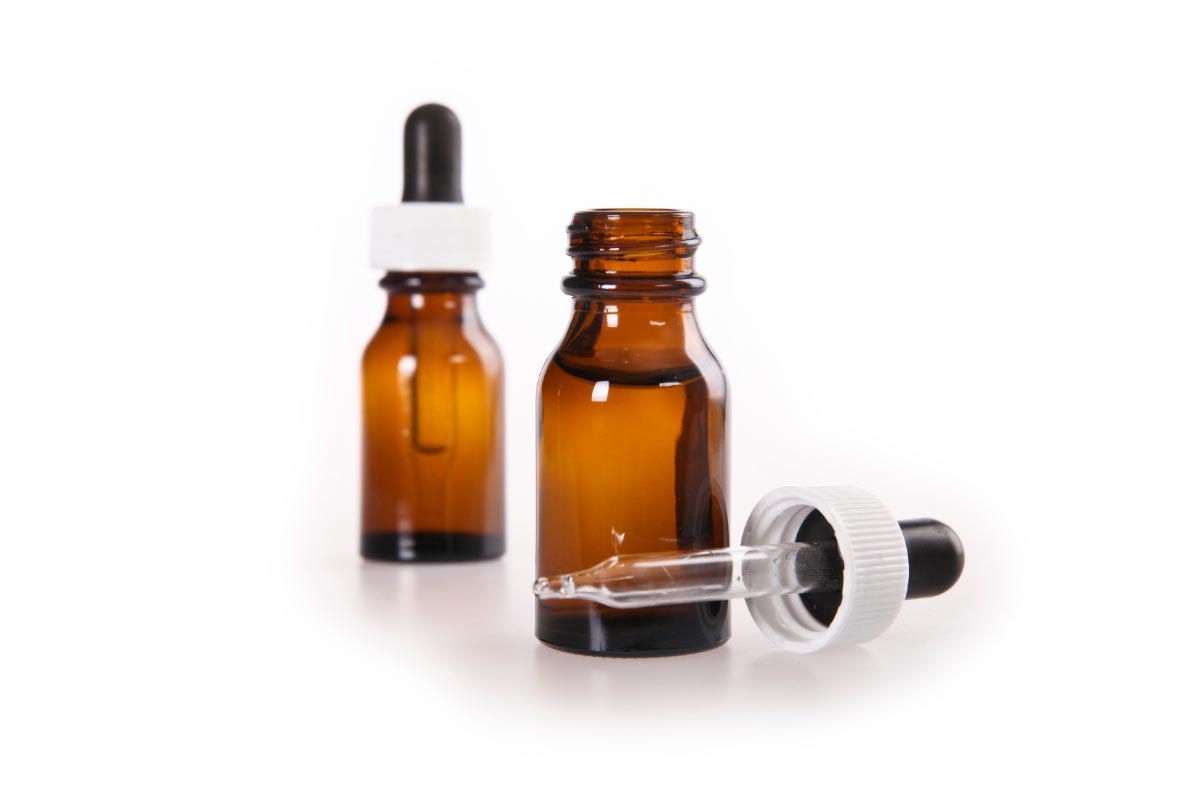Boosting iron levels in women with endometriosis linked to positive outcomes
02/10/2020 / By Evangelyn Rodriguez

The development of endometriosis, particularly the possible involvement of free radical-mediated oxidative damage in the peritoneal fluid, is of great interest to researchers. However, findings regarding this subject remain inconsistent.
To address this, researchers from the Medical University of Lublin in Poland decided to investigate iron metabolism markers and their influence on oxidative stress parameters in the peritoneal fluid of women with endometriosis. The peritoneal fluid is the liquid that lubricates the tissue that lines the abdominal wall and pelvic cavity. The peritoneal fluid covers most of the organs in the human abdomen.
Impaired iron metabolism contributes to the development of endometriosis
For their study, which appeared in the journal Annals of Agricultural and Environmental Medicine, the researchers recruited 110 women with endometriosis and 119 patients with benign ovarian cysts. Cysts called endometriomas may form when endometriosis involves the ovaries.
The researchers collected all visible peritoneal fluid in the anterior and posterior cul-de-sacs of the participants during laparoscopy. They then measured the hemoglobin, iron, total oxidative status and total antioxidant status of the women using standard colorimetric kits.
The researchers reported that hemoglobin, iron levels and total oxidative status values were significantly higher in the peritoneal fluids of patients with endometriosis. Total antioxidant values, on the other hand, were lower for the endometriosis group than for the reference group.
These results suggested that endometriosis involves a disruption in iron metabolism. The researchers believe it is likely related to an increase in erythrocytes — red blood cells that contain hemoglobin — in the peritoneal cavity. A high number of erythrocytes leads to high concentrations of hemoglobin.
Based on their findings, the researchers concluded that impaired iron homeostasis may have a significant influence on the development of peritoneal endometriosis due to the impact of hemoglobin derivatives and the formation of a pro-inflammatory and pro-oxidative environment.
Endometriosis: Symptoms, risk factors and complications
Endometriosis is a disorder in which tissue similar to the endometrium — the inner lining of the womb — grows outside of the uterus. This endometrial-like tissue can grow on pelvic organs, such as the ovaries or the fallopian tube.
Just like the endometrium, the abnormal tissue thickens and breaks down. But because it has no way out of the body, the tissue becomes trapped and can sometimes cause irritation and the development of scar tissue. This, in turn, can lead to fertility problems and pain — usually more severe than usual — during menstrual periods.
Here are some common signs and symptoms of endometriosis:
- Excessive bleeding
- Pelvic pain and cramping
- Lower back and abdominal pain
- Pain during bowel movements and urination
- Pain during or after intercourse
- Infertility
- Fatigue
- Diarrhea
- Constipation
- Bloating
- Nausea
While the exact cause of endometriosis is still unknown, experts believe that the following factors increase a woman’s risk of developing endometriosis:
- Low body mass index
- Menopause at an older age
- Menarche at an early age
- Having a medical condition that prevents normal passage of menstrual flow
- Family history of endometriosis
- High levels of estrogen
- Heavy menstrual periods (longer than seven days)
- Short menstrual cycles (less than 27 days)
- Never giving birth
- Reproductive tract abnormalities
Women who suffer from endometriosis may be at risk of developing either one of two complications: impaired fertility or ovarian cancer. This is why early diagnosis and treatment of this condition is very important. (Related: Chinese Herbs Treat Endometriosis Better Than Western Medicine.)
On the other hand, women with mild to moderate endometriosis are still able to conceive and go through pregnancy safely. And although research suggests that endometriosis increases the risk of ovarian cancer, the overall lifetime risk for this type of cancer is still relatively low.
Sources include:
Science.news
Tagged Under: #nutrition, antioxidants, endometriosis, health science, hemoglobin, Infertility, iron, iron metabolism, minerals, nutrients, oxidative damage, oxidative stress, research, supplements, women's health



















